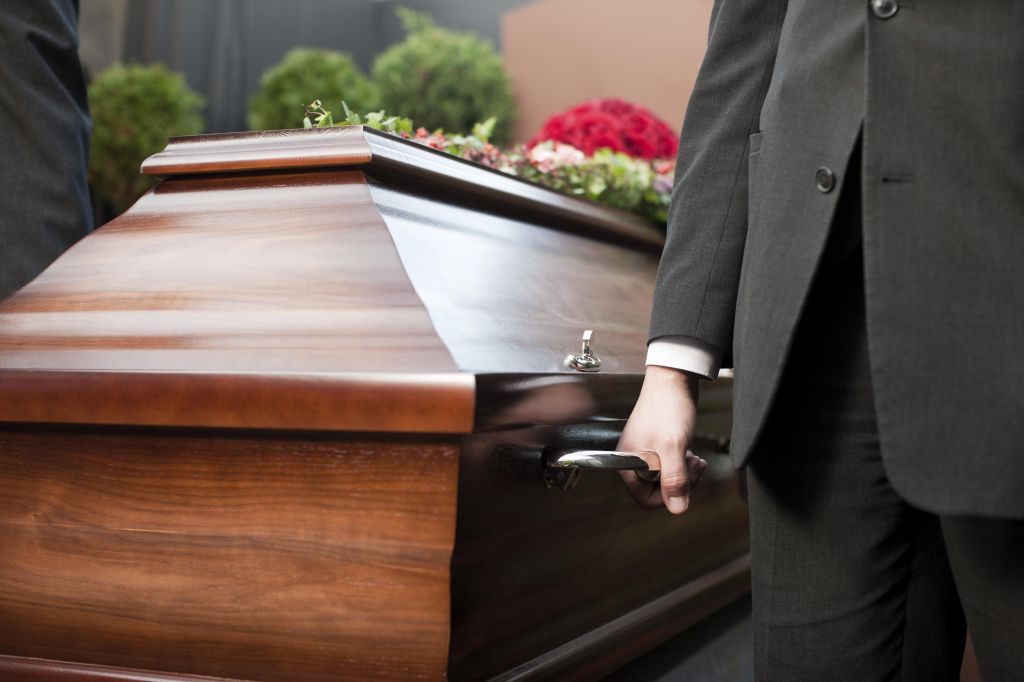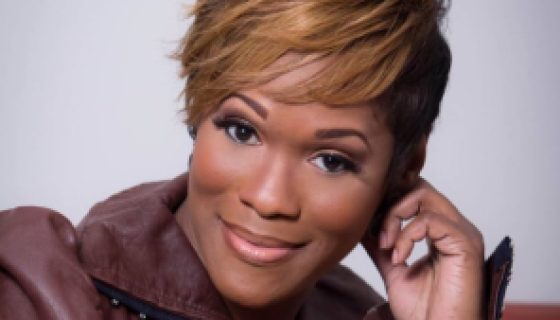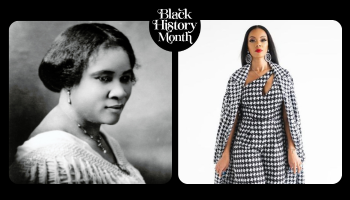
Source: Alex Wong / Getty
Martin O’Malley is looking to Iowa, where he’s going “all in” to help him become the leading Democratic alternative to Hillary Rodham Clinton.
It’s a plan born of necessity for the former Maryland governor, a little-known underdog now struggling to compete with a self-described socialist, Vermont Sen. Bernie Sanders, to emerge as the anti-establishment option in the Democratic presidential primary. Facing a challenging primary calendar and little margin for error, O’Malley’s team says that Iowa offers his best path to 2016 relevance.
“The caucus process is uniquely suited to give Governor O’Malley an opportunity to make his case to Iowa caucus goers,” reads a campaign memo shared with The Associated Press that describes the Iowa summer strategy as “going all in.”
The memo, authored by Iowa state director, Jake Oeth, outlines plans to bolster O’Malley’s paid staff in the state backed by an aggressive travel schedule that includes nearly 20 events in July and visiting more than a quarter of Iowa’s 99 counties by the end of the summer. He’s betting big that Iowa can help propel his longshot candidacy without alienating the voters in early-voting states like New Hampshire and South Carolina who expect to see presidential candidates early and often.
Iowa Deputy State Director Kristin Sosanie confirmed that O’Malley is investing more resources — both staff and his time — in Iowa than the other early-voting states.
His challenge is significant. A Quinnipiac University poll released this month found that 70 percent of likely Iowa caucus voters hadn’t heard enough about O’Malley to form an opinion.
“He’s still got a lot of work to do,” conceded Bill Hyers, O’Malley’s chief strategist. “You have to go to Iowa and you have to grind it out.”

Source: Brendan Smialowski / Getty
While the Iowa operation is growing, it’s unclear how much money O’Malley will have to fund his ambitious operation. Hyers declined to share fundraising figures for the latest quarter, which must be filed by midnight Wednesday. Clinton says she has raised $45 million, while Sanders generated $15 million.
O’Malley has little choice but to focus on Iowa.
Clinton and her husband, former President Bill Clinton, have a long and successful history in the second state on the presidential calendar, New Hampshire, which borders’ Sanders home state. Adding to O’Malley’s challenge, the subsequent voting states, South Carolina and Nevada, feature large populations of minority voters who have traditionally supported Clinton.
The Iowa strategy has worked before, however.
In 2008, then-Sen. Barack Obama stunned Clinton with a win in the Iowa caucus on his way to the Democratic nomination. And in 2012, little-known Republican Rick Santorum eked out a caucus win after driving a pickup truck through the state’s 99 counties to become the leading GOP alternative to Mitt Romney.
Another touchstone for O’Malley is Gary Hart, for whom he volunteered in 1984. Hart was relatively unknown in the race, but placed second in Iowa, making him the leading alternative to front-runner Walter Mondale.
Democratic strategist Joe Trippi — who worked for Mondale in Iowa — noted that O’Malley is positioning himself for that kind of success.
“It’s about being the other guy,” Trippi said. “Right now, because Bernie Sanders is the other guy, that means if O’Malley gets by him, that’s going to be a significant surprise, exceeding expectations.”
O’Malley, of course, does not have the Iowa living rooms to himself.
Both Sanders and Clinton are also campaigning heavily in the state. Clinton — who placed third in the 2008 caucuses — came immediately to Iowa after announcing her candidacy and is working aggressively to build a grassroots operation to ensure victory this time.
And an Iowa-heavy strategy comes with risk. Trippi said O’Malley needs to do well in the first two contests.
“If he doesn’t move in Iowa or New Hampshire, it’s over,” Trippi said.
The 52-year-old former Maryland governor and Baltimore mayor has been largely well-received in Iowa so far.
He’s emphasizing his executive experience and progressive policy record and has addressed small rooms and county dinners. He even played guitar in a Des Moines tavern to great enthusiasm during a stop in the spring.
“He’s really a good retail politician one-on-one,” said Tom Henderson, chair of the Polk County Democrats, who has not endorsed a candidate.
Seeking to emphasize a progressive policy vision to the Democratic base, O’Malley has been unveiling a series of policy papers in recent weeks. He recently called for tougher oversight of Wall Street, including proposals aimed at regulating large banks and cracking down on financial industry excess.
Many Iowa Democrats aren’t sold.
“I’m getting misty over Bernie at this point. Bernie is saying all of the things that progressives believe in,” said Karl Rhomberg, from Davenport, the former chair of the Scott County Democrats. “Maybe we’re just not hearing it from O’Malley yet.”
source: WTOP.com















